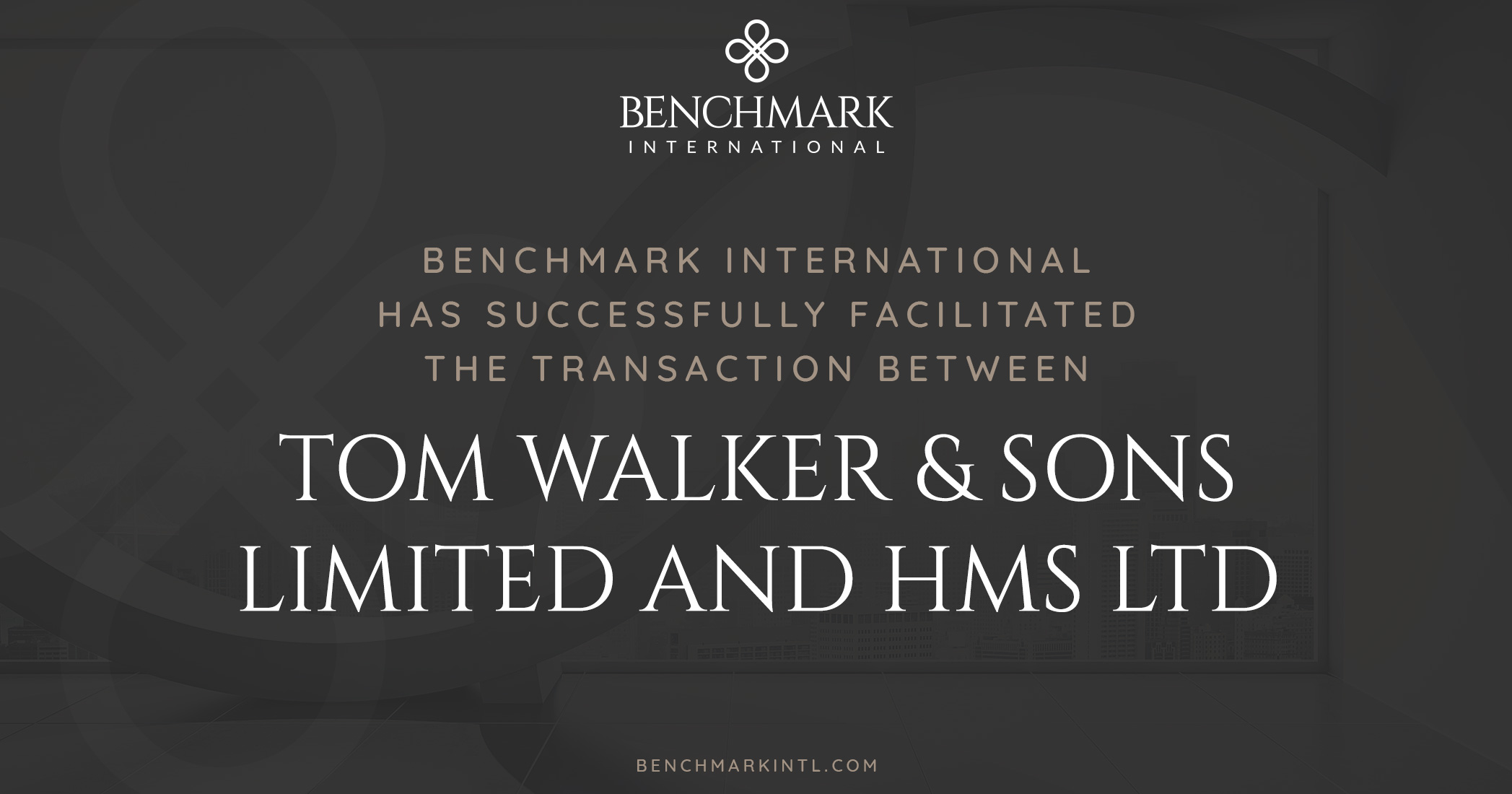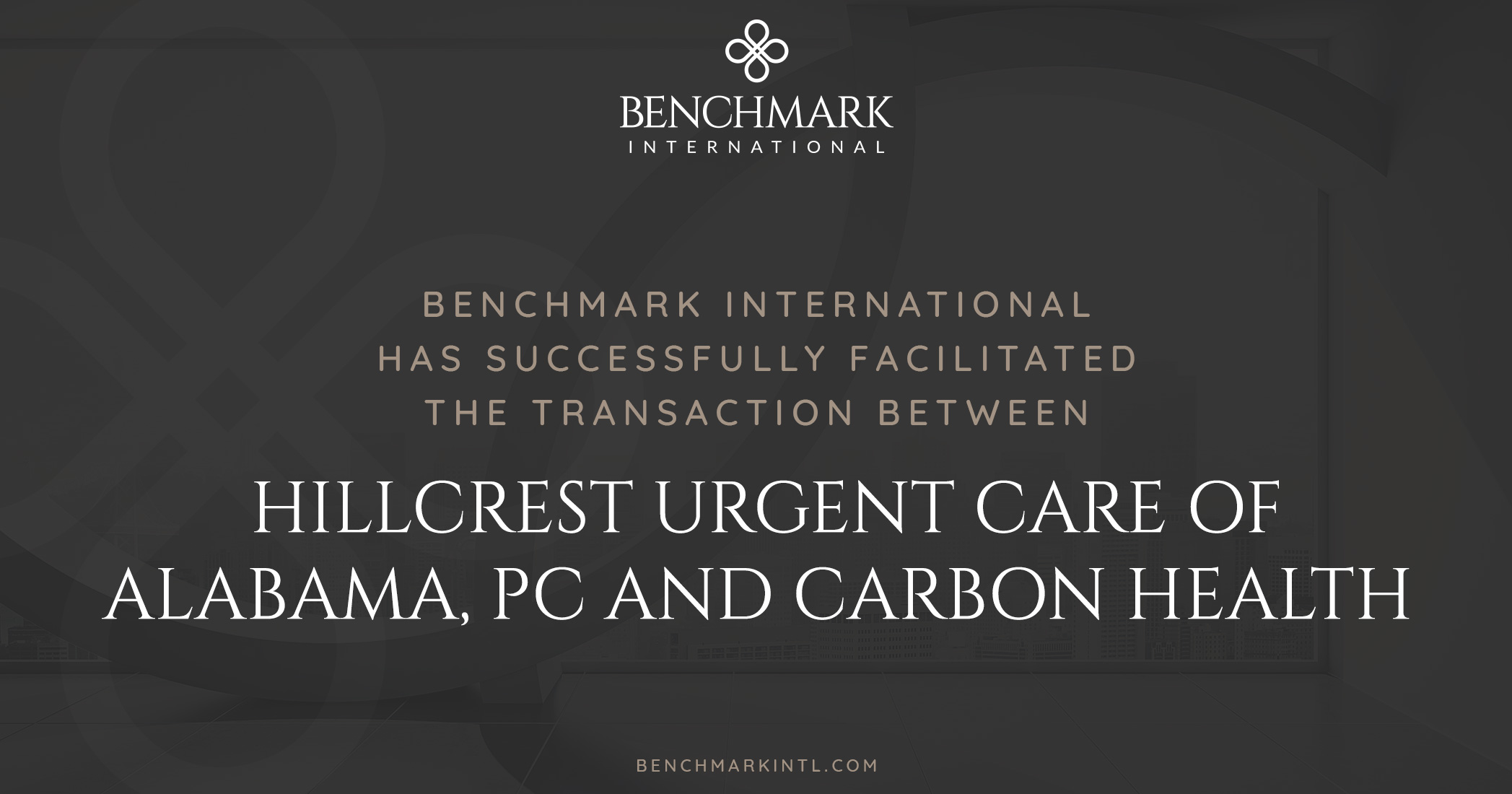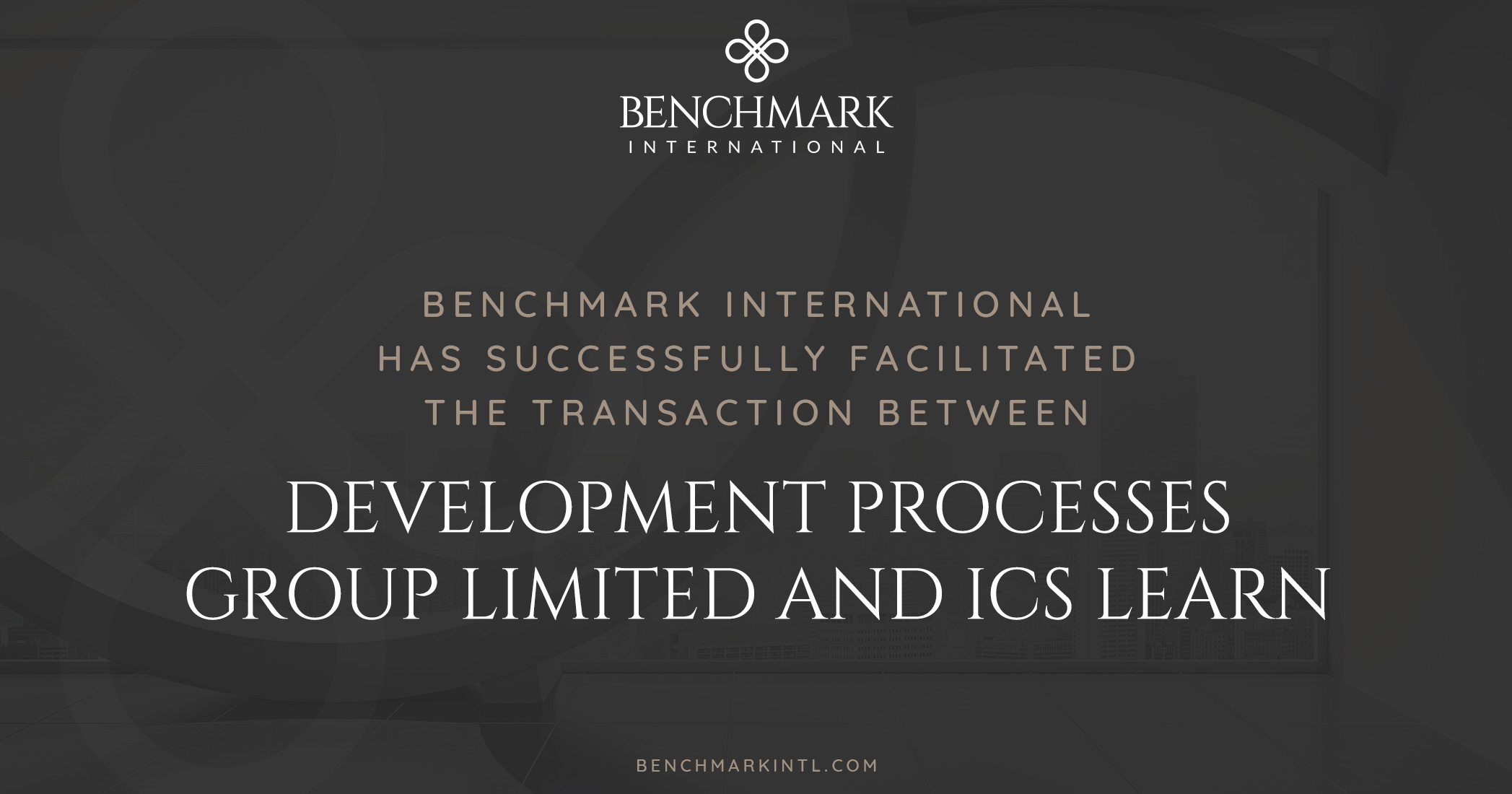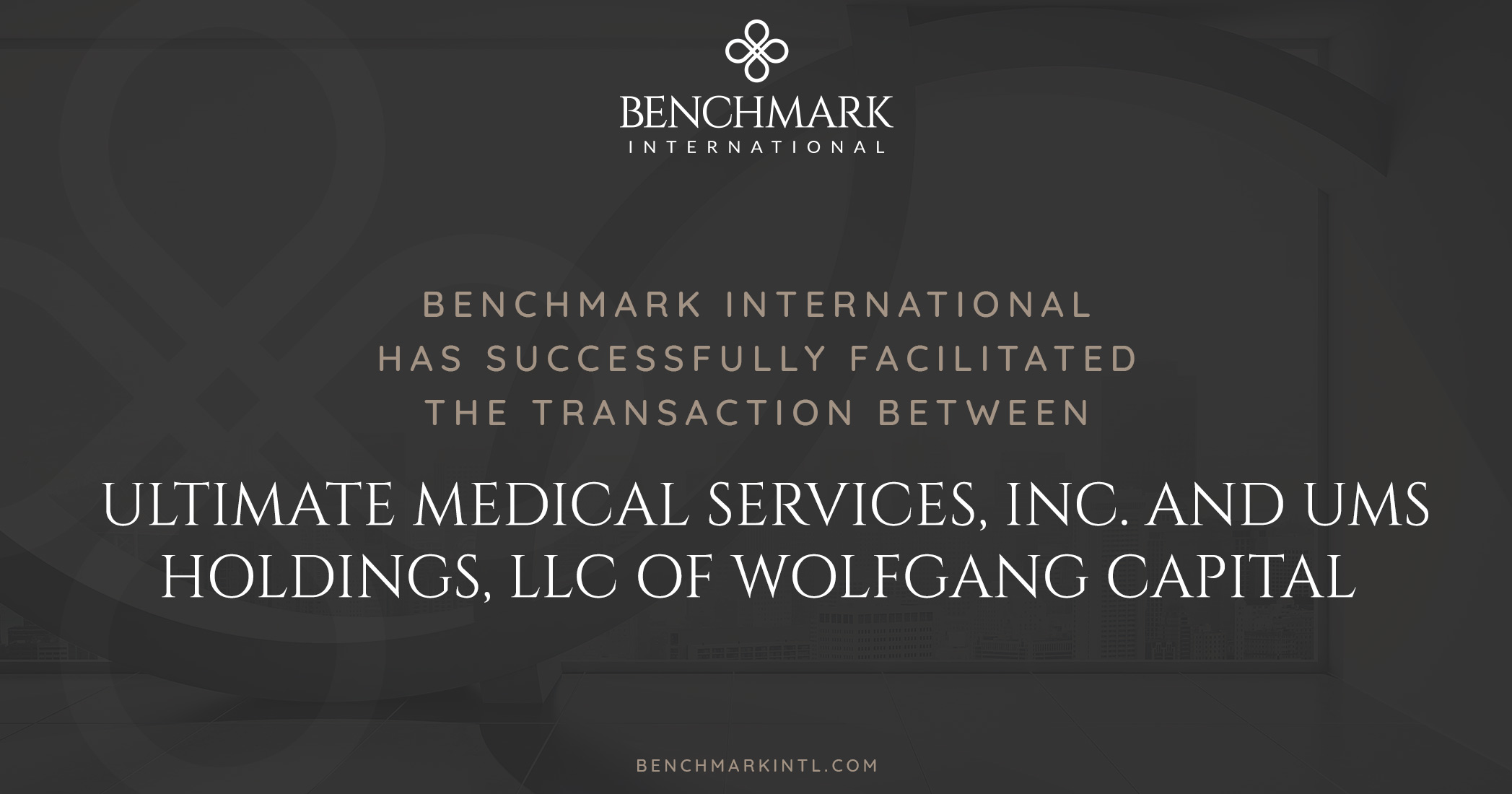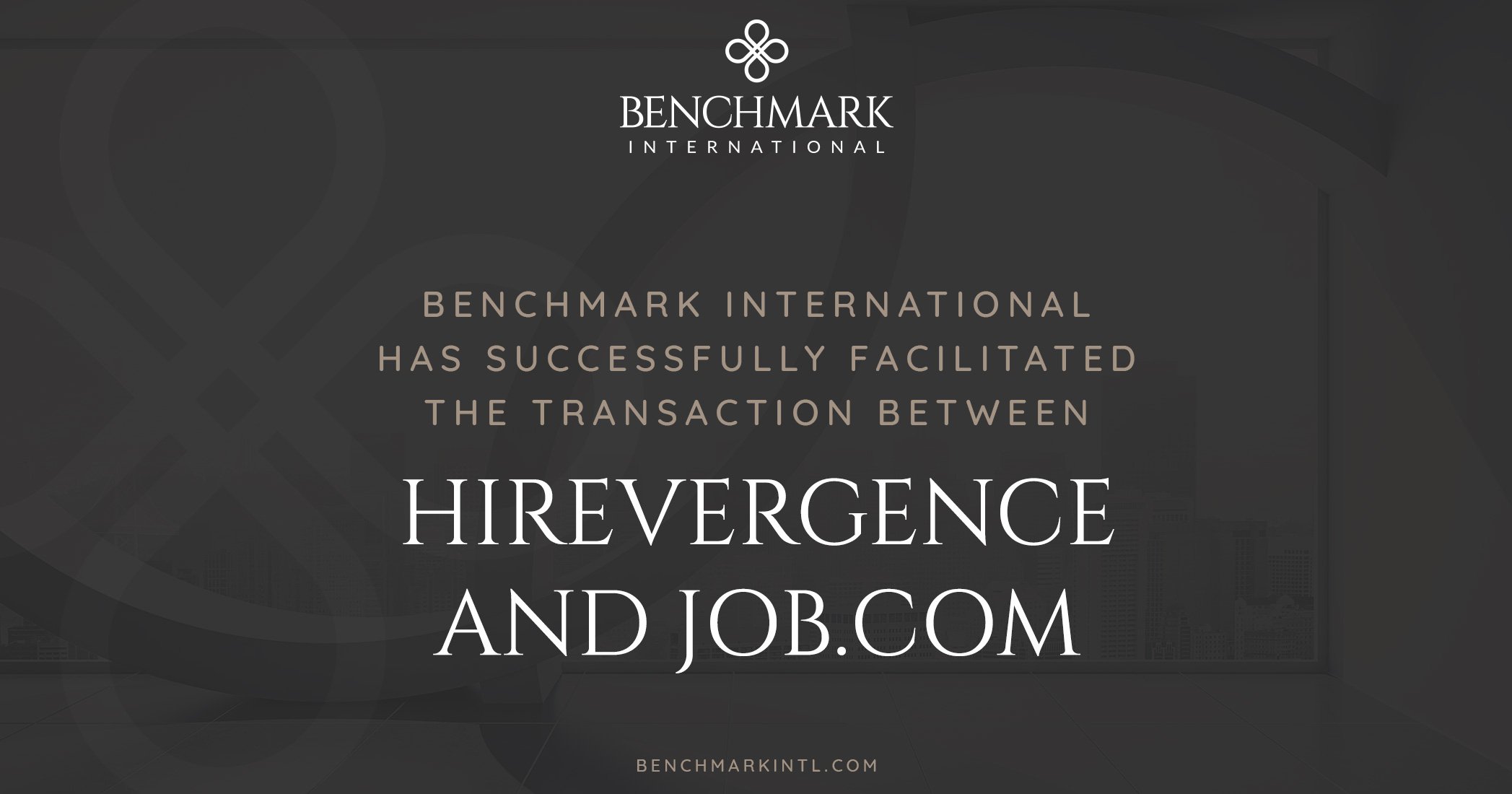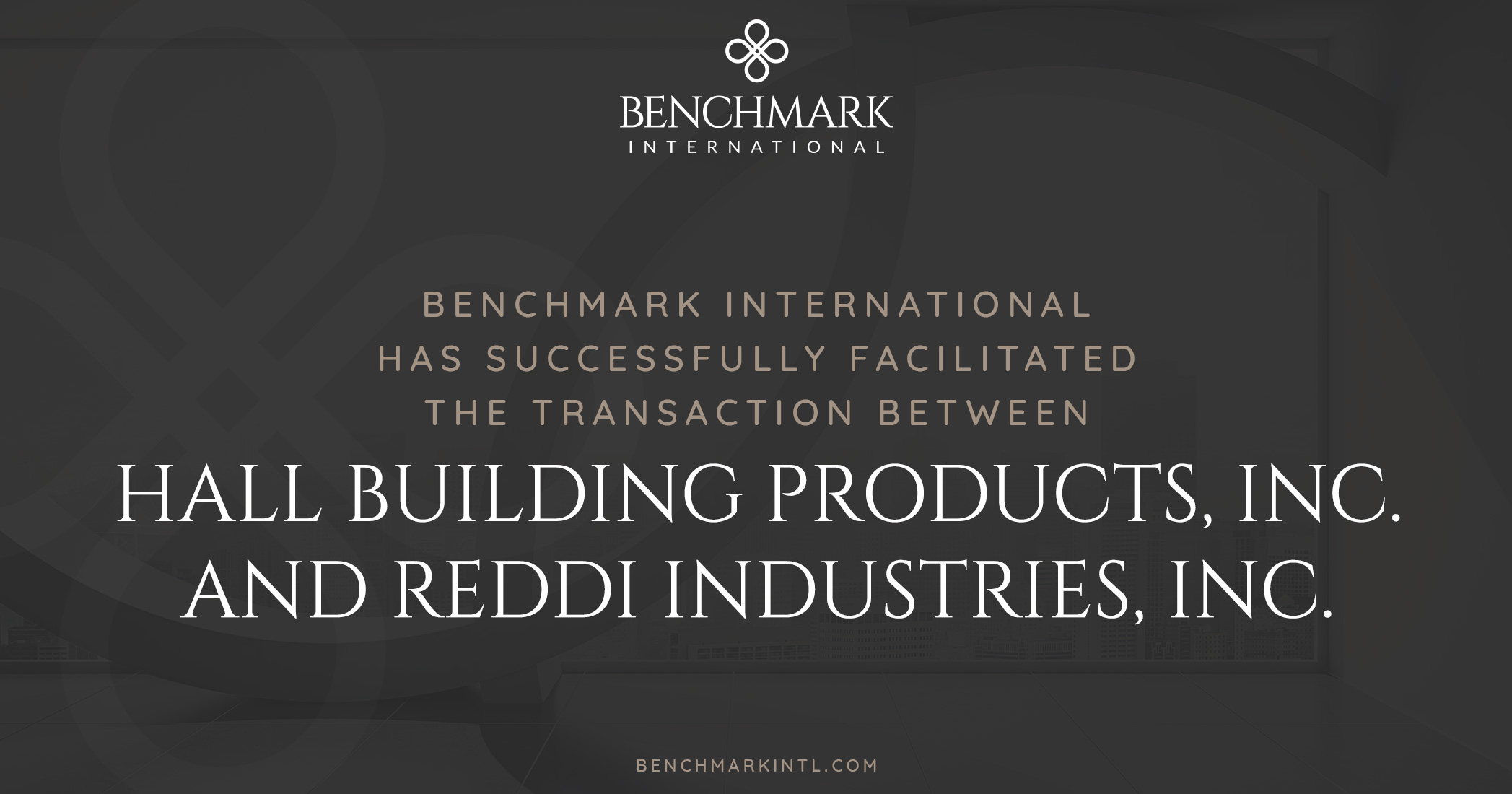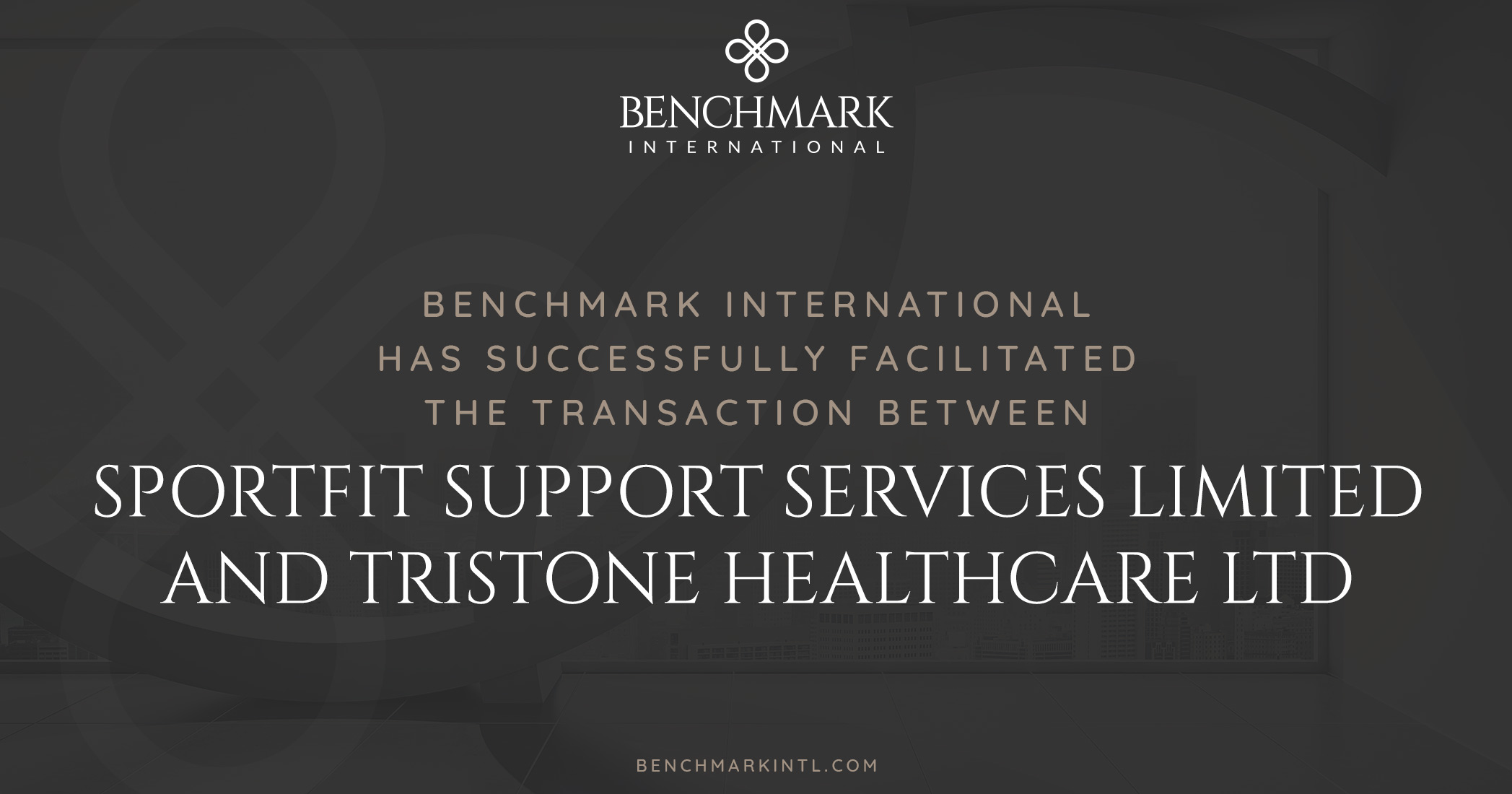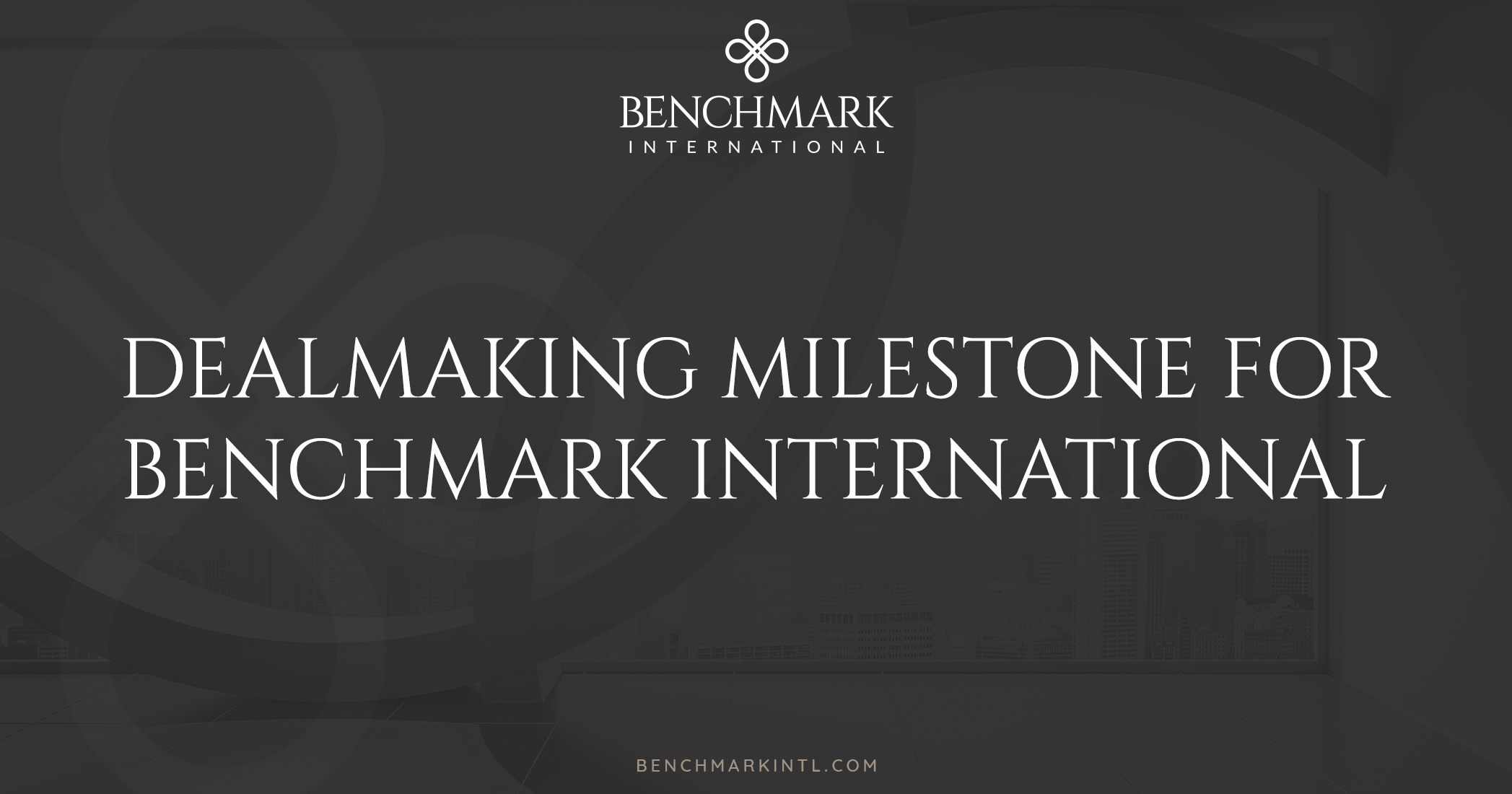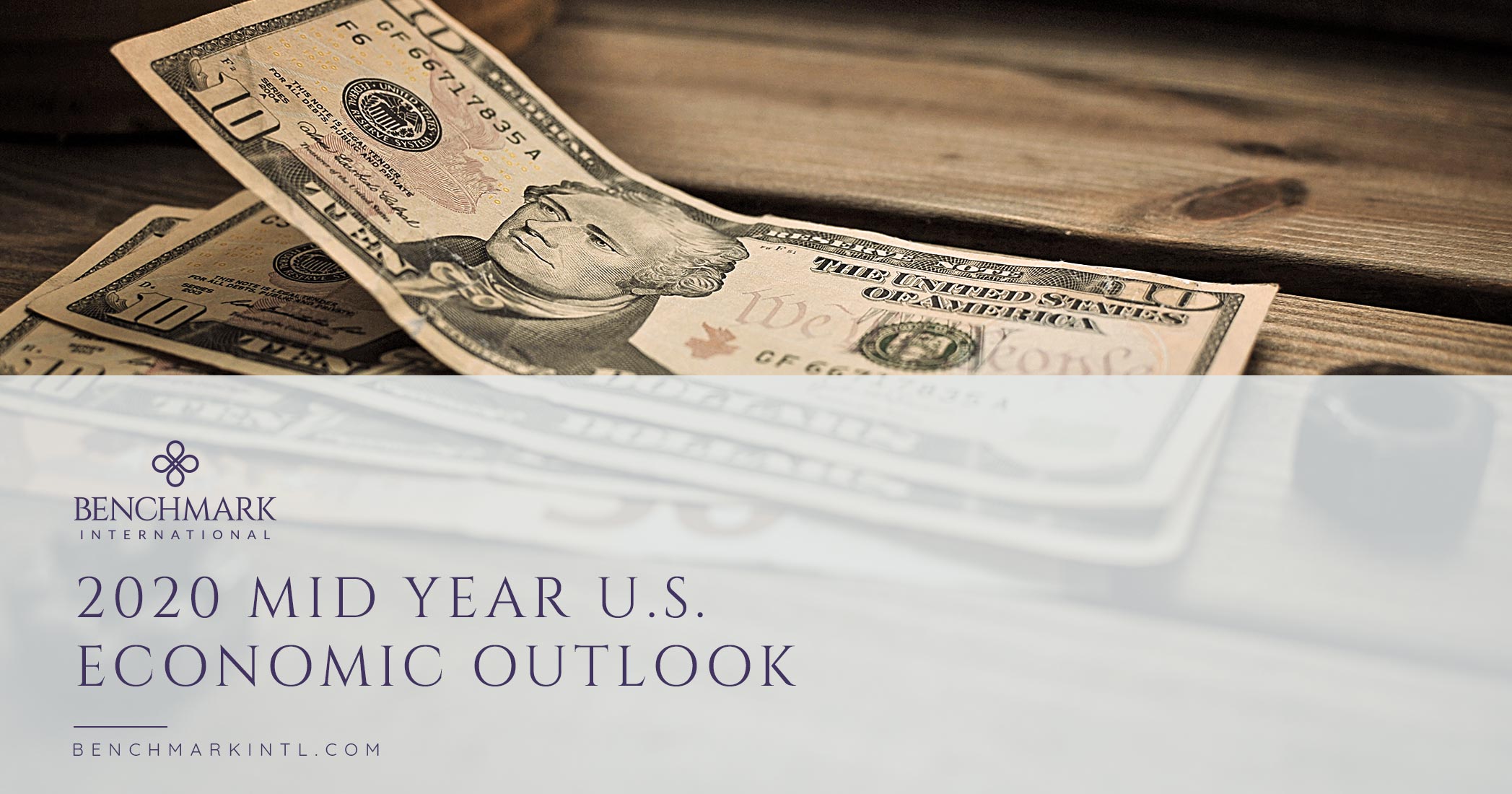The processes behind mergers and acquisitions can be quite complicated. Each deal is unique and has its own level of intricacies. However, all M&A transactions tend to follow a basic framework of steps. Most M&A advisory firms follow this basic framework, but bring their own methodologies to the table. This outline will give you a rudimentary view of the process.
What Are The Steps In The M&A Process?
1. Target List Creation
In order to engage in the selling or buying of a business, you must have potential buyers or sellers. Suitable M&A targets can include competitors, vendors, or customers. This is also a good time to consider how much geographical factors should be taken into account.
2. Contact Initiated
Once the target list is established, contact is made and discussions begin to gauge the interest level of the buyer or seller.
3. Sending of a Teaser
A teaser is a document that sellers send to buyers. It supplies just enough information to entice the buyer into wanting to know more. It showcases topline info such as the company’s product or services, its unique selling points, industry overview, ownership structure, potential areas of growth, and high-level financials.
4. Confidentiality Agreement Signing
This ensures that all sides in the deal agree to keep all discussions and materials confidential.

5. Sending of the Confidential Information Memorandum (CIM)
The CIM serves is drafted by the sell-side of a transaction and serves as a type of handbook. It provides all the information a buyer needs to ascertain whether they want to make an offer, such as company management, operations details, financial data, future projections, customer diversification, market opportunities, competition, and other relevant specifics.
6. Submissions of Indication of Interest (IOI)
Upon their review of the CIM, the buyer then expresses interest in moving forward by submitting a non-binding written offer. An IOI typically provides a valuation range for the sale price, transaction structure, timeframe, and other important details. It limits the buyer’s time and financial resources devoted to the deal if the proposal falls short of expectations and other bids. For the seller, an IOI helps them to measure the market appetite for the company, compare different buyers’ views on value, and perform preliminary due diligence on the buyer’s ability to complete the transaction.
7. Management Meetings
After the initial communications that establish interest on both sides, it is time for the buyer and seller to meet and take the conversation further. Both sides take this time to learn more about each other to get a better idea of compatibility and whether it is a good fit.
8. The Letter of Intent (LOI)
The buyer submits a detailed document with a price and deal structure that details items such as closing dates and conditions, an exclusivity period, any break-up fees, management compensation, escrow, and so on. These are usually non-binding, but they can be denoted as binding.
9. Formal Due Diligence Process
This important phase is when all documentation and records are compiled by the seller and provided to the buyer. The findings help the buyer assess their risk and improve the decision-making process. Due diligence examines an extensive level of information on the company, including all financials, intellectual property, customer base, management, talent, synergy, outstanding litigation, technology, infrastructure, stockholder issues, production, inventory, supply chains, real estate, marketing plans, and anything else that is relevant to the business.
10. The Purchase Agreement
A Purchase Agreement supersedes any previous IOI and LOI. This binding document lays out the final terms of the deal including the purchase price, a detailed list of definitions used in the agreement, timeframes for the delivery of final statements, executive provisions, representations, warranties, schedules, indemnifications, closing conditions, and break-up fees.
11. Pre-Closing Period
Sometimes there is a pre-closing period during which the seller and buyer prepare all deliverables and fulfill closing conditions such as government approvals and third-party consents. The duration of this period can vary depending on the closing conditions.
12. Closing
Once all of the closing conditions are met, the transaction is ready to close. Funds are exchanged and the buyer assumes possession of the business.
13. Post-Closing Period
After the deal closes, there are usually post-closing financial adjustments and integration topics to be addressed between the seller and buyer.
Ready to Make a Deal?
Our M&A experts at Benchmark International would love to hear from you regarding your company and its potential. Our world-renowned team offers the unparalleled transaction experience, remarkable resources, and global connections that you need in your corner to in order to get the most value possible out of your M&A deal. Learn more about our unique Benchmark Fingerprint Process here.
READ MORE >>
 Benchmark International
Benchmark International  Benchmark International
Benchmark International 
